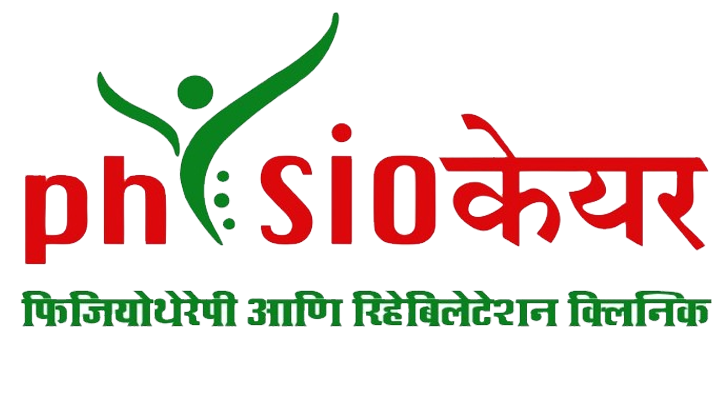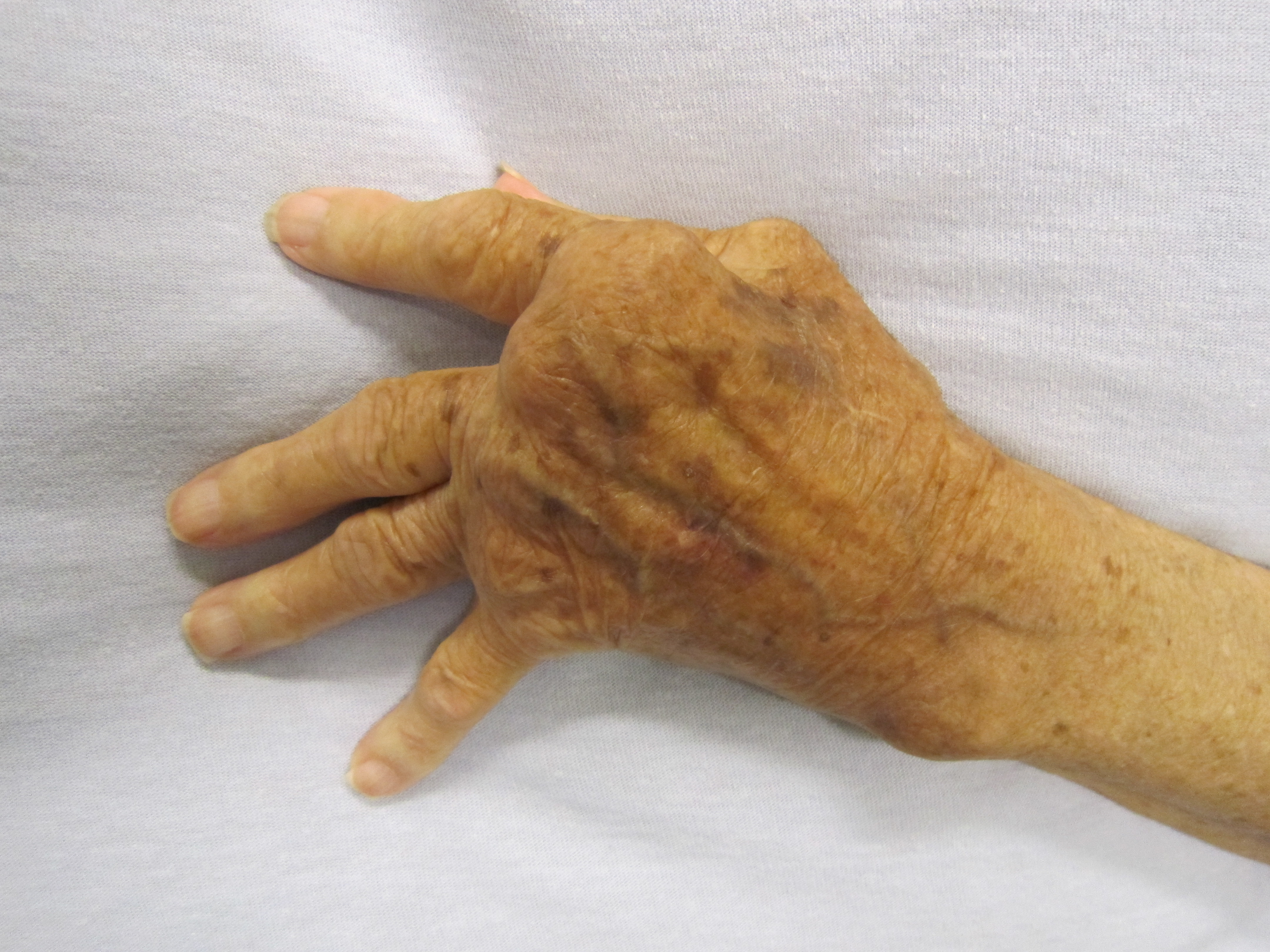Rheumatoid arthritis (RA) is the most common type of autoimmune
arthritis. It is caused when the immune system (the body's defense system)
is not working properly. Rheumatoid Arthritis causes pain and swelling in
the wrist and small joints of the hand and feet. swelling.
It is chronic progressive disease causing inflammation in the joints and
resulting in painful deformity and immobility, especially in the fingers,
wrists, feet, and ankles.
Symptoms
• When body tissues are inflamed, the disease is active. When tissue
inflammation subsides, the disease is inactive (in remission).
Remissions can occur spontaneously or with treatment, and can last
weeks, months, or years.
• Symptoms of the disease disappear, and patients generally feel well
during remissions
• When the disease becomes active again (relapse), symptoms return.
The return of disease activity and symptoms is called a flare.
• Active disease symptoms are fatigue, lack of appetite, low grade
fever, muscle and joint aches, and stiffness.
• Muscle and joint stiffness are usually most notable in the morning
and after periods of inactivity.
• Arthritis is common during disease flares. Also during flares, joints
frequently become red, swollen, painful, and tender. This occurs
because the lining tissue of the joint (synovium) becomes inflamed,
resulting in the production of excessive joint fluid (synovial fluid). The
synovium also thickens with inflammation (synovitis).
• Multiple joints are usually inflamed in a symmetrical pattern on both
sides of the body affected
• The small joints of both the hands and wrists are often involved.
Simple tasks of daily living, such as turning door knobs and opening
jars can become difficult during flares.
• The small joints of the feet are also commonly involved.
• Occasionally, only one joint is inflamed. When only one joint is
involved, the arthritis can mimic the joint inflammation caused by
other forms of arthritis, such as gout or joint infection.
• Chronic inflammation can cause damage to body tissues, cartilage
and bone. This leads to a loss of cartilage and erosion and weakness
of the bones as well as the muscles, resulting in joint deformity,
destruction, and loss of function.
• It can even affect the joint that is responsible for the tightening our
vocal cords to change the tone of our voice, the cricoarytenoid joint.
When this joint is inflamed, it can cause hoarseness of voice.

